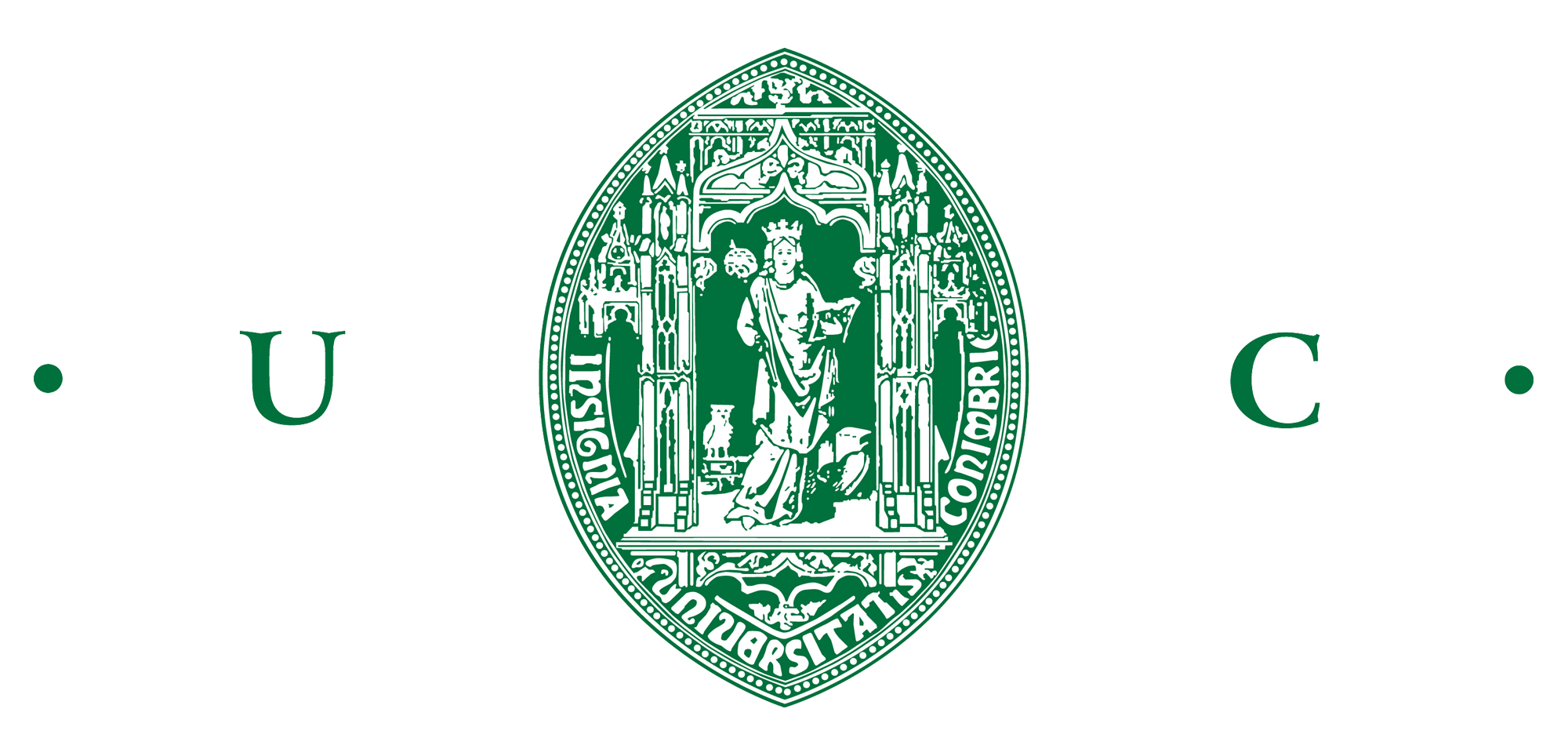2026 | 2025 | 2024 | 2023 | 2022 | 2021 | 2020 | 2019 | 2018 | 2017 | 2016 | 2015 | 2014 | 2013 | 2012 | 2011 | 2010 | 2009 | 2008
O Instituto Geofísico: Património Histórico da Universidade de Coimbra
Authors: Jorge Cardoso
Supervisors: Décio Martins, Carlos Fiolhais, Helmut Malonek (UA)
Chapters of Books, Ebook: Narrativas em História das Ciências, 105-118 (2018)
Abstract: This work intends to demonstrate that the Geophysical Institute is essential to the University of Coimbra. It was founded in 1864 with the designation of Meteorological and Magnetic Observatory of the University of Coimbra (OMMUC). Since that date, this Observatory takes meteorological observations and geomagnetic registers some years later. From 1925 onwards, it was known as the Geophysical Institute of the University of Coimbra (1925), as result of an extension of its activity field besides meteorology and geomagnetism. Due to the interference of the electric traction network of the urban transports in the magnetic devices installed in the headquarters building of the IGUC, in Alto da Cumeada, it was necessary to build a Magnetic Observatory in Alto da Baleia. This new building opened in 1932. Over the years, IGAC has made observations and registers that will last forever and leaves an important scientific legacy to the University community and Society. In this way, we made an historic approach of the Geophysical Institute since the moments before its foundation (1864) until its merger with the Astronomical Observatory, which occurred in 2013. Thus, this works presents the chronological dynamics of the Geophysical Institute, highlighting the their services, missions and scientific production used for Society and research, and which have both dignified the University of Coimbra in the national and international contexts. However, in spite of its precious contributions, the Geophysical Institute has experienced some difficulties that have been constraints to the development of its activity like notorious difficulties in its facilities, equipment and shortage of other resources (financial and personnel). Some of the director’s actions are justified by these difficulties. Today, IGUC has a valuable scientific (documentary and instrumental) heritage that is a benefit for knowledge, research and science. Therefore, it’s a reason of rejoice for the University of Coimbra, country, world and society.


